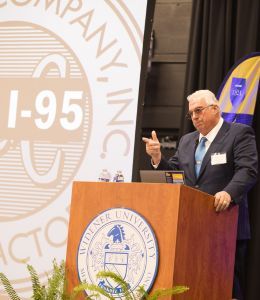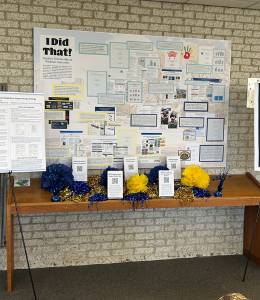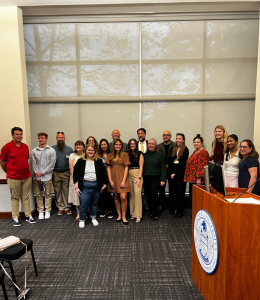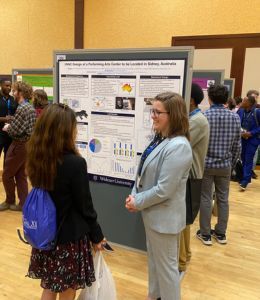
Mechanical Engineering Professor, Chair Publishes in Polymers
Babak Eslami, associate professor and chair of mechanical engineering, published in the international, peer-reviewed journal Polymers. The study titled, "AI-Powered Thermal Fingerprinting: Predicting PLA Tensile Strength Through Schlieren Imaging," ran in the Special Issue 3D/4D Printing of Polymers: Recent Advances and Applications.
The study's objective was to develop a low-cost, non-destructive framework for predicting tensile strength during 3D printing by directly measuring convective thermal gradients surrounding the print. To accomplish this, Eslami and his team of student-researchers introduced thermal fingerprinting, a novel non-destructive technique that combines Background-Oriented Schlieren, or BOS, imaging with machine learning to predict the printed material's strength during printing. The findings represent the first successful application of Schlieren imaging to polymer additive manufacturing and establishes a methodological framework for real-time quality prediction. The demonstrated framework enables real-time application and contact-free quality assurance of 3D printing by enabling on-the-fly identification of mechanically unreliable prints in laboratory, industrial, and distributed manufacturing environments without interrupting production.
Share link: https://www.widener.edu/news/noteworthy/mechanical-engineering-professor-chair-publishes-polymers
















